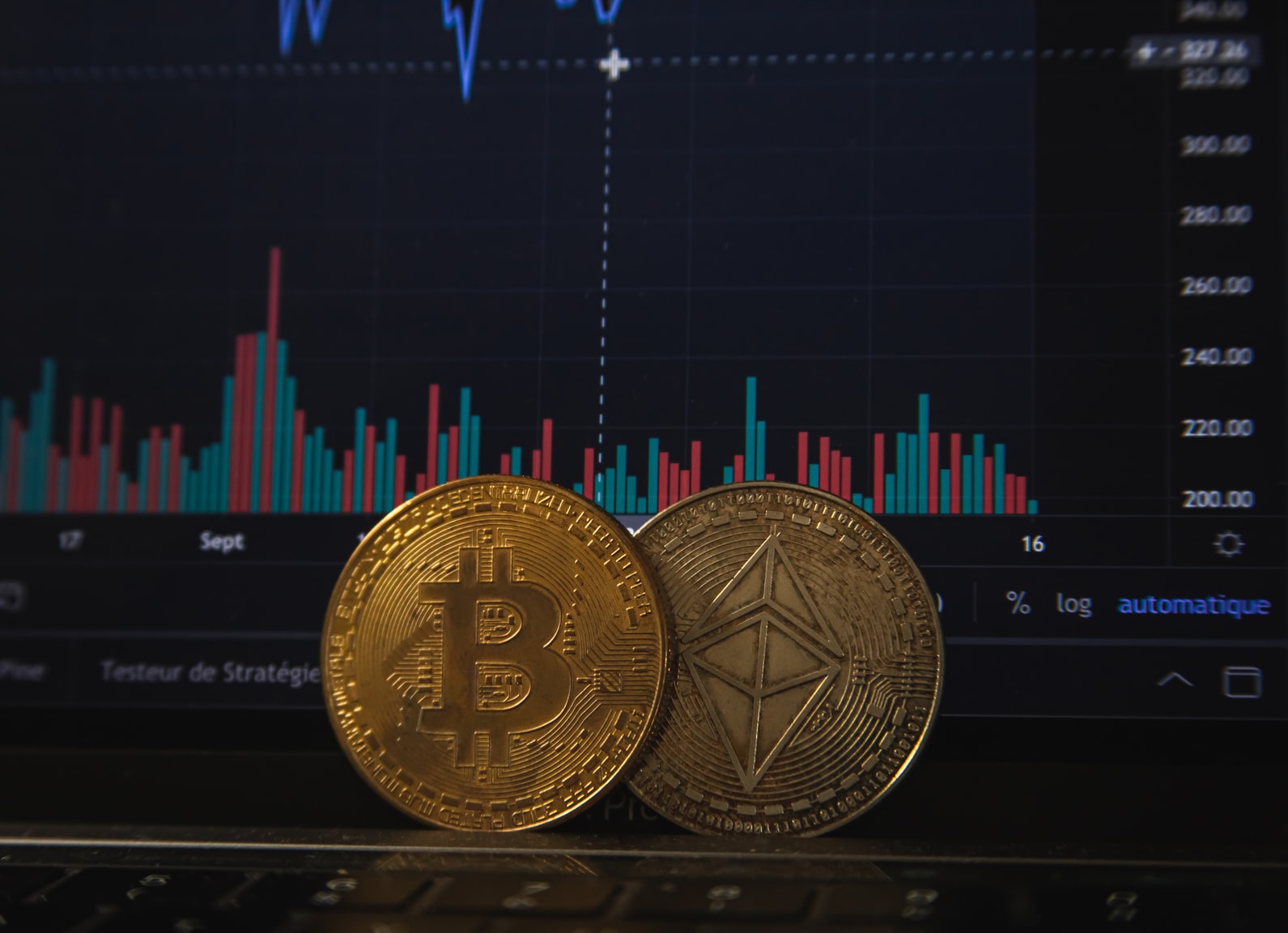Is it Necessary to Run Bitcoin in Full Node?
Should you run your Bitcoin in full node? Is it necessary?
Author:Frazer PughReviewer:Emmanuella SheaFeb 18, 202148.5K Shares899.2K Views

Bitcoin maximalists strongly encourage everyone who uses the Bitcoin network to run a full node in order to legitimately verify transactions. As the Bitcoin blockchain grows bigger, running an archival node becomes increasingly difficult.
And if the main chain block sizes increase, the requirements set by the network won’t be available to most people. So the vital question remains: do bitcoin users need to run full nodes?
Free Markets And Capitalism
In theory, this is an easy question to answer if you have a particular bias for one branch of ideology regarding this matter. Practically, it is very nuanced; centered around trade-offs.
In my head, the people who 100% should be running Bitcoin nodes are the businesses that rely on the integrity of the Bitcoin ledger for their own sakes. That means any business that relies on Bitcoin to a major degree must definitely run a full node. A company like Binance, for instance, cannot possibly operate efficiently without running their own Bitcoin full node. But while a company like Fold Wallet might be able to thrive even without on-chain verification, it is highly recommended that they do so.
Does an individual holding a certain amount of Bitcoin, either as an investment or for transacting, need to run a full node? That is almost entirely hinged on ideology. From a security perspective, you don’t need any radical verification mechanisms if you’re sending $20 or $100 from one place to another.
In All Honesty, You Don’t Need A Full Node As A Retail User.
Proponents of Bitcoin forks, like Bitcoin Cash, that left contentiously due to their desire for a larger block size believe that a full node is not a responsibility. Meanwhile, Bitcoin maximalists see node management as a cornerstone of legitimate decentralization and data verification. Simple Payment Verification (SPV) wallets like Jaxx are frowned upon by the most stringent of decentralization advocates.
The Trade-off Is Pretty Simple
If enough companies and enthusiasts are running nodes, it will be fairly easy to spot issues. At any given time, we can say with a high degree of confidence that at least 40-50% of Bitcoin node runners are non-malicious. If everyone is not on-chain, byzantine fault tolerance needs to be recreated on the social contract – and that is fairly difficult to even ascertain.
In essence, the question is more personal and depends on various factors, such as your desired level of transactional verification, the amount you deal in, and the reason you use Bitcoin. Not everyone has to run a node, but there’s absolutely no harm in doing so. As the blockchain grows bigger and the block size increases, the role of running nodes may be delegated to professional services, or pruned nodes might become more popular within the Bitcoin space.

Frazer Pugh
Author
Frazer Pugh is a distinguished expert in finance and business, boasting over 6 years of experience. Holding an MBA in Finance from Stanford University, Frazer's credentials underscore his authority and expertise in the field.
With a successful track record in executive roles and as a published author of influential articles on financial strategy, his insights are both deep and practical.
Beyond his professional life, Frazer is an avid traveler and culinary enthusiast, drawing inspiration from diverse cultures and cuisines.
His commitment in delivering trustworthy analysis and actionable advice reflects his dedication to shaping the world of finance and business, making a significant impact through his work.

Emmanuella Shea
Reviewer
Emmanuella Shea is a distinguished finance and economics expert with over a decade of experience. She holds a Master's degree in Finance and Economics from Harvard University, specializing in financial analysis, investment management, and economic forecasting.
Her authoritative insights and trustworthy advice have made her a highly sought-after advisor in the business world.
Outside of her professional life, she enjoys exploring diverse cuisines, reading non-fiction literature, and embarking on invigorating hikes.
Her passion for insightful analysis and reliable guidance is matched by her dedication to continuous learning and personal growth.
Latest Articles
Popular Articles